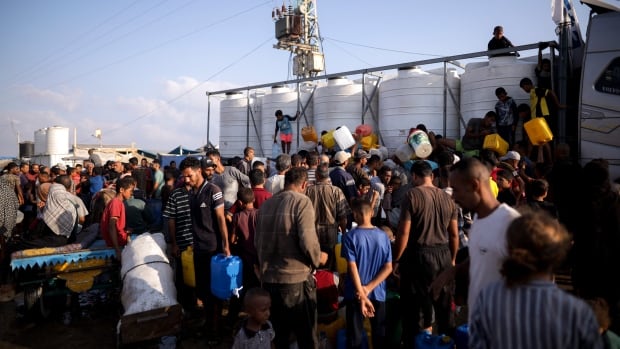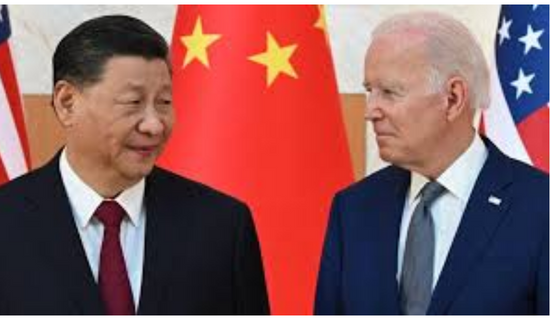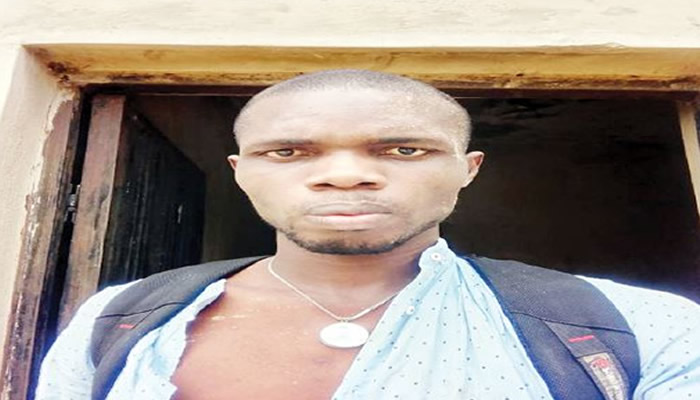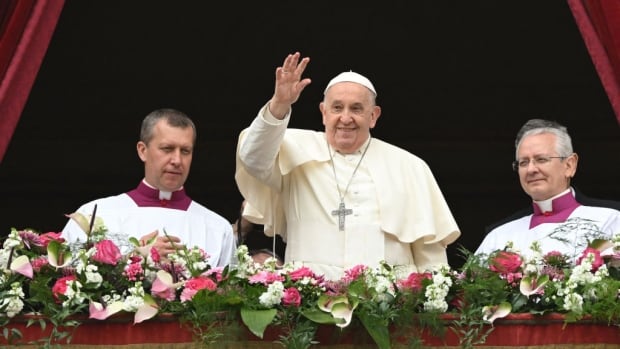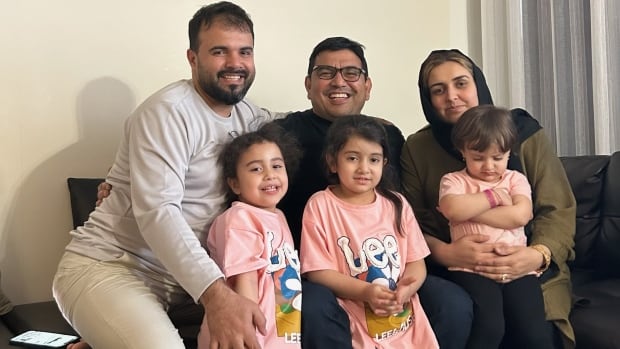The Israeli army ordered a mass evacuation of Palestinians from much of Khan Younis on Monday, a sign that troops are likely to launch a new ground assault in the Gaza Strip’s second-largest city.
The order suggested Khan Younis will be the latest of Israel’s repeated raids into parts of Gaza it has already invaded over the past eight months, pursuing Hamas militants as they regroup. Much of Khan Younis was already destroyed in a long assault earlier this year, but large numbers of Palestinians have since moved back in to escape another Israeli offensive in Gaza’s southern-most city, Rafah.
The evacuation call covered the entire eastern half of Khan Younis and surrounding areas. Last week, the military ordered a similar evacuation from the north Gaza district of Shujaiya, where there has been intensive fighting since.
The order came as Israel released the director of Gaza’s main hospital after holding him for seven months without charge or trial over allegations the facility had been used as a Hamas command centre. He said he and other detainees were held under harsh conditions and tortured.
The head of Gaza’s Al-Shifa hospital was released after more than seven months in an Israeli prison along with roughly 50 others. Dr. Mohammed abu Salmiya claims his arrest was purely political and says he was tortured.
The decision to release Mohammed Abu Selmiya raised questions over Israel’s claims surrounding Shifa Hospital, which Israeli forces have raided twice since the start of the nearly nine-month war with Hamas. Abu Selmiya and other Palestinian health officials have denied the accusations.
His release triggered an uproar across Israel’s political spectrum. Government ministers and opposition leaders expressed outrage and insisted Abu Selmiya played a role in Hamas’s alleged use of the hospital — though Israeli security services rarely unilaterally free prisoners if they have a suspicion of militant links.
The decision appeared to have been taken to free up space in overcrowded detention centres. Prime Minister Benjamin Netanyahu ordered an inquiry, his office said, though it added that security officials independently determine whom to release “based on their professional considerations.”
Dozens of detainees released
Abu Selmiya was released back into Gaza along with 54 other Palestinian detainees, many of whom also alleged abuse. The allegations could not be independently confirmed but matched other accounts of Palestinians who have been held in Israeli custody.
“Our detainees have been subjected to all kinds of torture behind bars,” Abu Selmiya said at a news conference after his release. “There was almost daily torture.” He said guards broke his finger and caused his head to bleed during beatings, in which they used batons and dogs.
Speaking to members of the National Security College, Israeli Prime Minister Benjamin Netanyahu said he believes Hamas is close to being eliminated in Gaza, and Israel remains committed to eradicating the remains of its forces.
He said the medical staff at different facilities where he was held had also taken part in the abuse “in violation of all laws.” He said some detainees had limbs amputated because of poor medical care.
There was no immediate response from the prison service, which has previously denied similar accusations.
Israeli forces raided Shifa Hospital in November, alleging that Hamas had created an elaborate command and control centre inside the facility. Abu Selmiya and other staff denied the allegations and accused Israel of recklessly endangering thousands of patients and displaced people who were sheltering there.
The military uncovered a tunnel beneath Shifa Hospital leading to a few rooms, as well as other evidence that militants had been present inside the medical center, but the evidence fell short of what it had claimed before the raid.
A doctor inside the Gaza City hospital said it was a ‘totally scary’ situation as Israeli ground forces entered the health-care complex.
Abu Selmiya was detained on Nov. 22 while escorting a UN-led evacuation of patients from the hospital. He said his detention was “politically motivated,” adding that he had been brought to court at least three times but was never charged or allowed to meet with lawyers.
Itamar Ben Gvir, Israel’s far-right national security minister, who controls the country’s police and prison service, said the releases constituted “security negligence” and blamed the defence ministry. Opposition leader Yair Lapid said Abu Selmiya’s release was another sign of the government’s “lawlessness and dysfunction.”

Defence Minister Yoav Gallant’s office said the incarceration and release of prisoners is the responsibility of the prison service and the Shin Bet internal security agency. The prison service said the decision was made by the Shin Bet and the army, and released a document ordering his release that was signed by an army reserve general.
Risk assessment conducted
The country’s security agency Shin Bet said Abu Selmiya had passed a risk assessment, “compared to other detainees.” It said the government had decided against its advice to release detainees determined to be less of a threat in order to free up space.
Since the start of the war, Israeli forces have detained thousands of Palestinians from Gaza and the occupied West Bank, crowding military detention facilities and prisons. Many are being held without charge or trial in what is known as administrative detention.
Israel launched its offensive after Hamas’s Oct. 7 attack, in which Palestinian militants killed some 1,200 civilians and took another 250 hostage. In its campaign, Israel has killed at least 37,900 Palestinians, according to Gaza’s Health Ministry, which does not say how many were civilians or fighters.
No word on fate of remaining hostages
Israel launched its offensive after Hamas’s Oct. 7 attack, in which Palestinian militants killed some 1,200 civilians and took another 250 hostage. The war has killed at least 37,900 Palestinians, according to Gaza’s Health Ministry, which does not say how many were civilians or fighters.
A group formed by relatives of the hostages released a statement calling the decision to release the detainees “puzzling when we, the hostages’ families, have received no proof of life from our loved ones after more than 260 days in Hamas captivity.”
The statement from Hostages and Missing Families Forum said a comprehensive deal is the only way to secure the return of the estimated 120 hostages who remain in Gaza … “as each passing day puts their lives at greater risk.”
